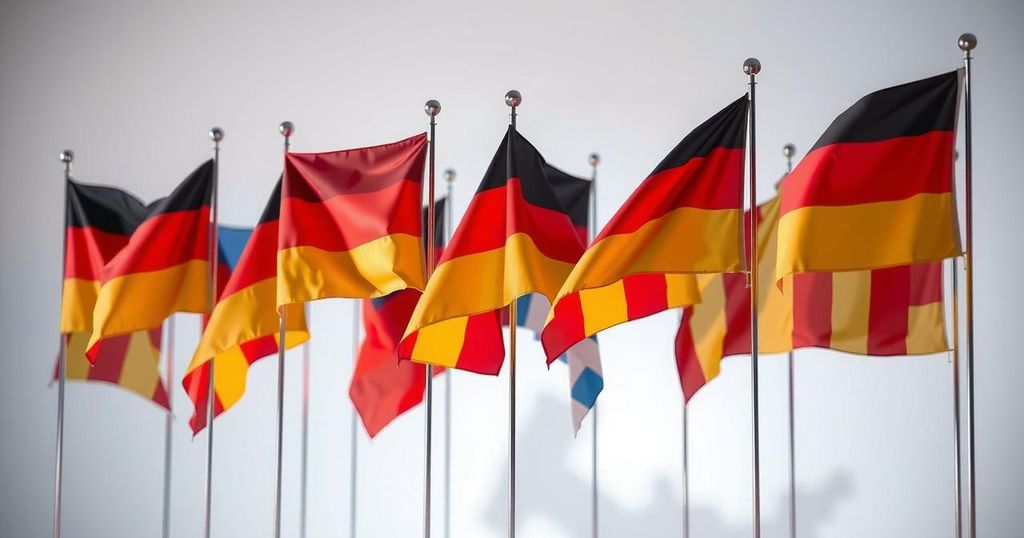German Government Reacts to Elon Musk’s Support for Far-Right AfD Party

The German government is seeking to downplay Elon Musk’s endorsement of the AfD ahead of the February 23 election, following his controversial opinion piece that suggests the party is Germany’s best hope. Musk’s statements have raised eyebrows and led to media and political backlash, including the resignation of a newspaper editor. Government spokesperson Christiane Hoffmann highlighted concerns about Musk’s influence and the AfD’s status as a monitored extremist group.
In light of Elon Musk’s recent endorsement of the far-right Alternative for Germany (AfD) party, the German government has taken steps to mitigate the implications of his involvement in the upcoming general election. Musk’s opinion piece published in Welt am Sonntag has sparked significant controversy and backlash, leading to the resignation of the newspaper’s opinion editor. Government spokesperson Christiane Hoffmann remarked on the situation, emphasizing both Musk’s attempts to influence the federal election and the AfD’s classification as a monitored entity for right-wing extremism in Germany.
Musk’s commentary, where he lauded the AfD as “the last spark of hope for this country,” has not only led to intense media scrutiny but has also ignited discussions regarding the boundaries of free speech in Germany. Specifically, Hoffmann acknowledged the positive reception of the AfD in polling while simultaneously noting the challenges the party faces in achieving leadership due to widespread political alienation from mainstream parties. Despite expressing sentiment over economic and cultural issues in Germany, critics assert that Musk’s promotion of the AfD is fundamentally misguided, as articulated by the future editor-in-chief of the Welt group, Jan Philipp Burgard.
The German general election is set for February 23, following the collapse of Chancellor Olaf Scholz’s multi-party coalition over economic revitalization strategies. Musk, well-known for his influence and investments in technology, has become a controversial figure in political discussions, particularly for his recent support of the AfD. This party, flagged by Germany’s domestic intelligence service for far-right extremism, is gaining support despite its leaders facing barriers to collaboration with other parties. The intersection of foreign opinion, local political dynamics, and the implications of free speech are critical components of the current discourse surrounding this situation.
In conclusion, the German government is actively working to downplay Elon Musk’s endorsement of the AfD amid rising national tensions over the upcoming elections. While Musk’s statements have reignited discussions on free speech, they also underscore the ongoing challenges faced by extremist political entities within Germany. With the election approaching, the government remains focused on maintaining a clear stance against foreign influence in critical domestic matters while assessing the broader implications of Musk’s involvement.
Original Source: apnews.com








